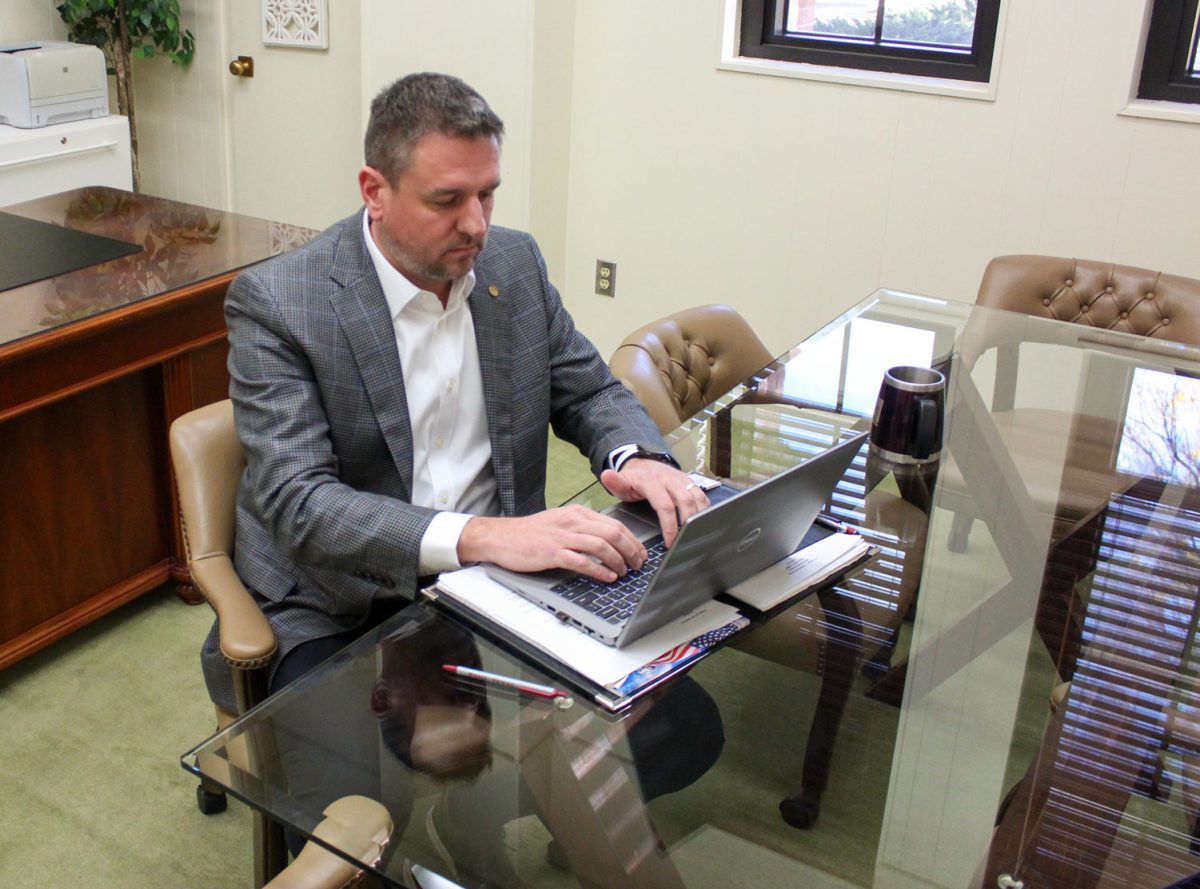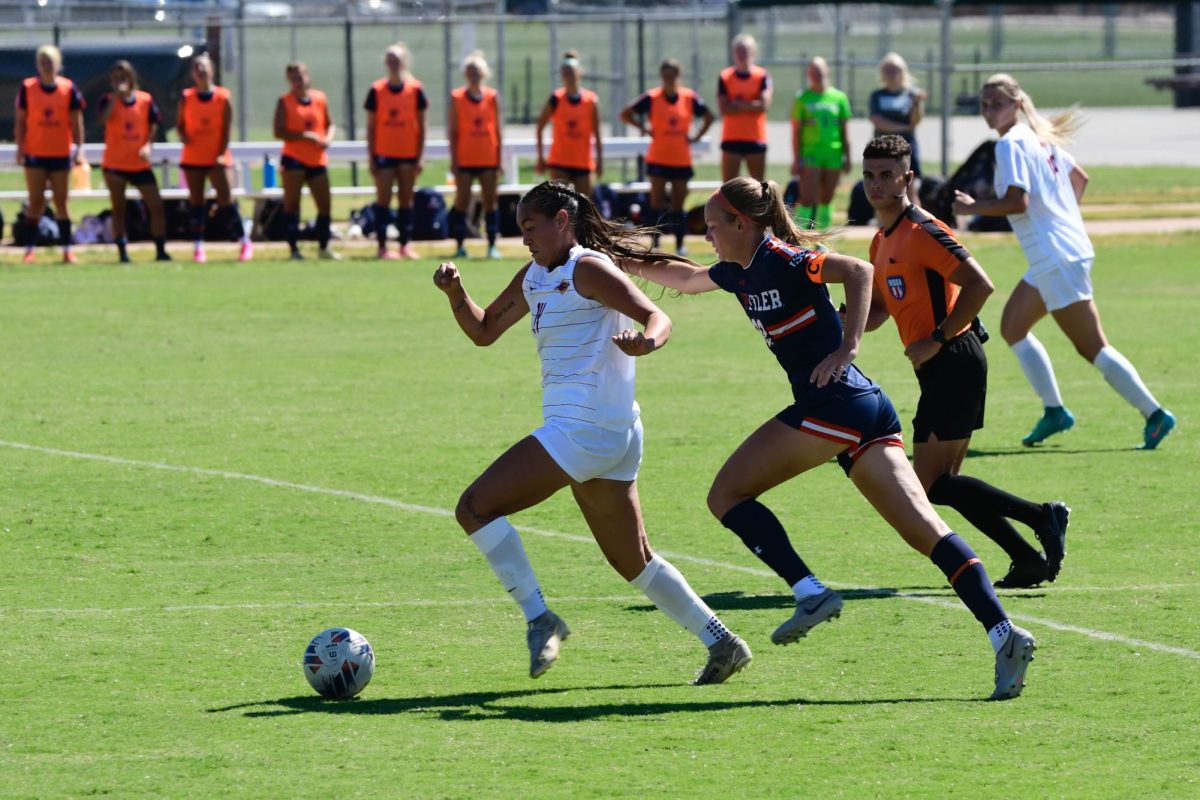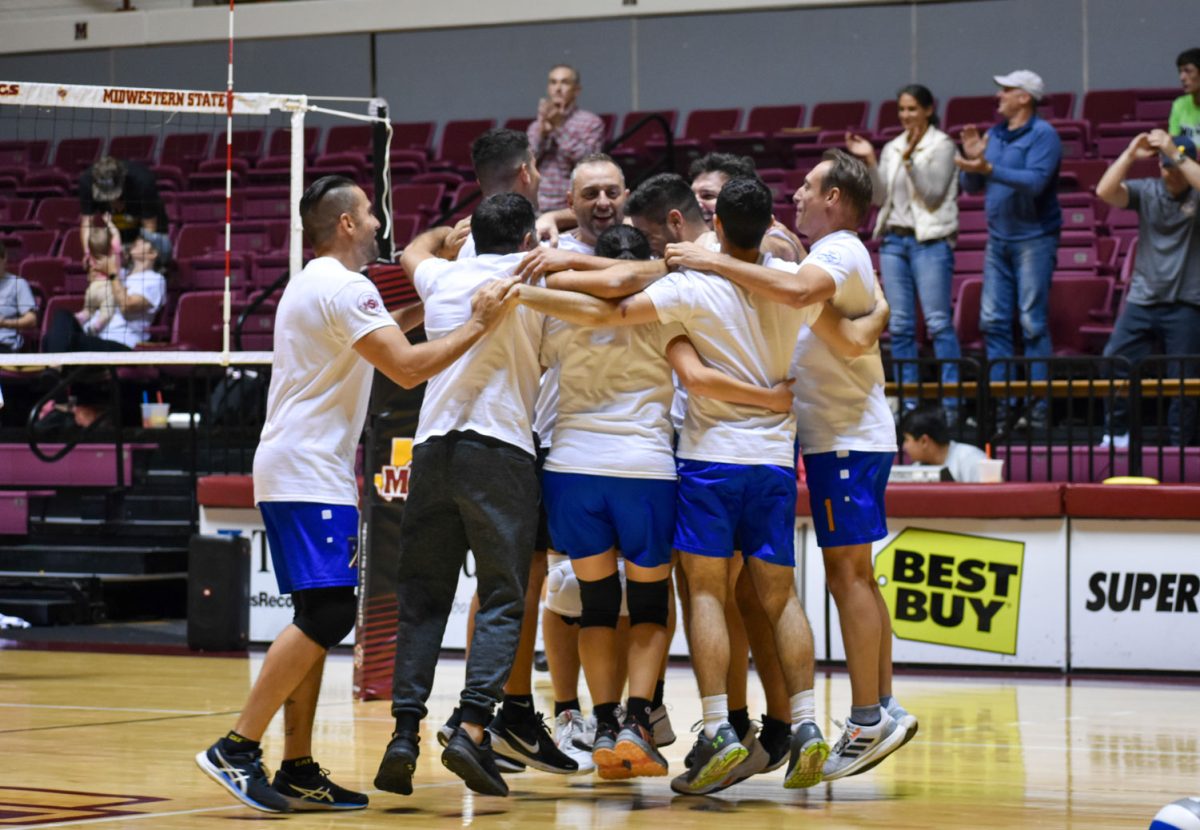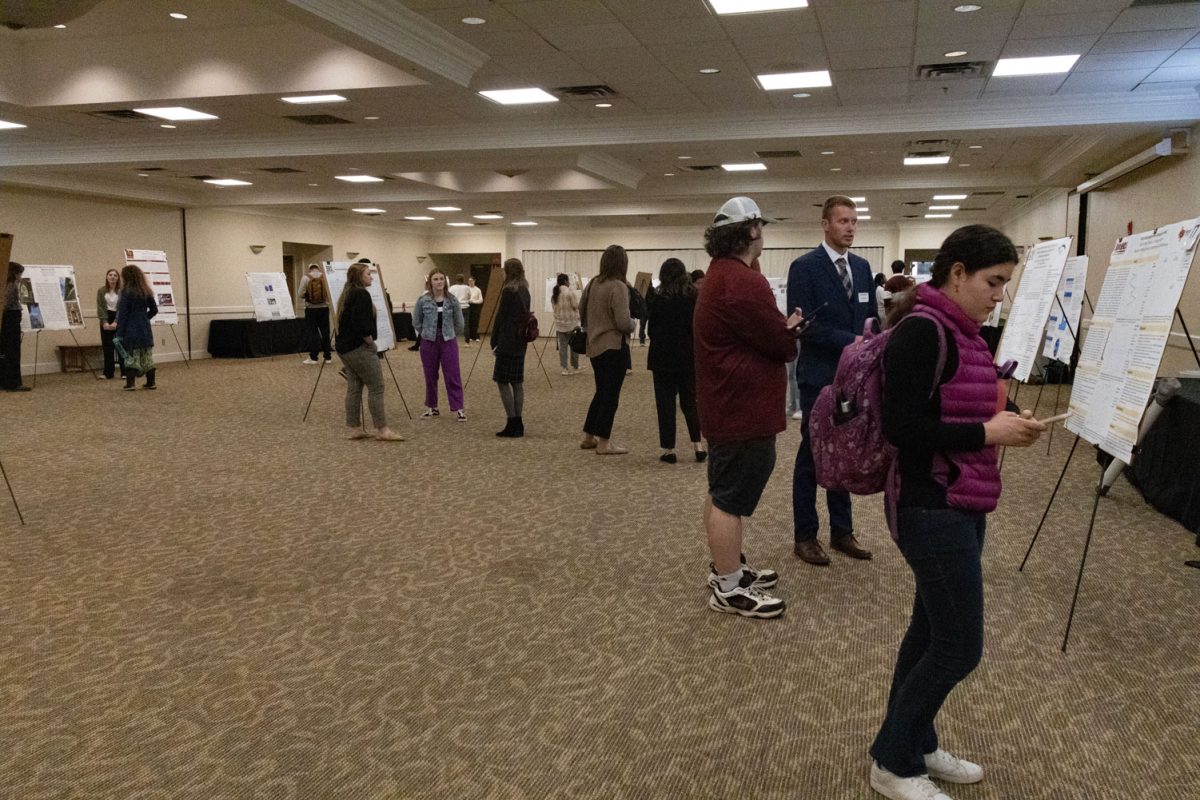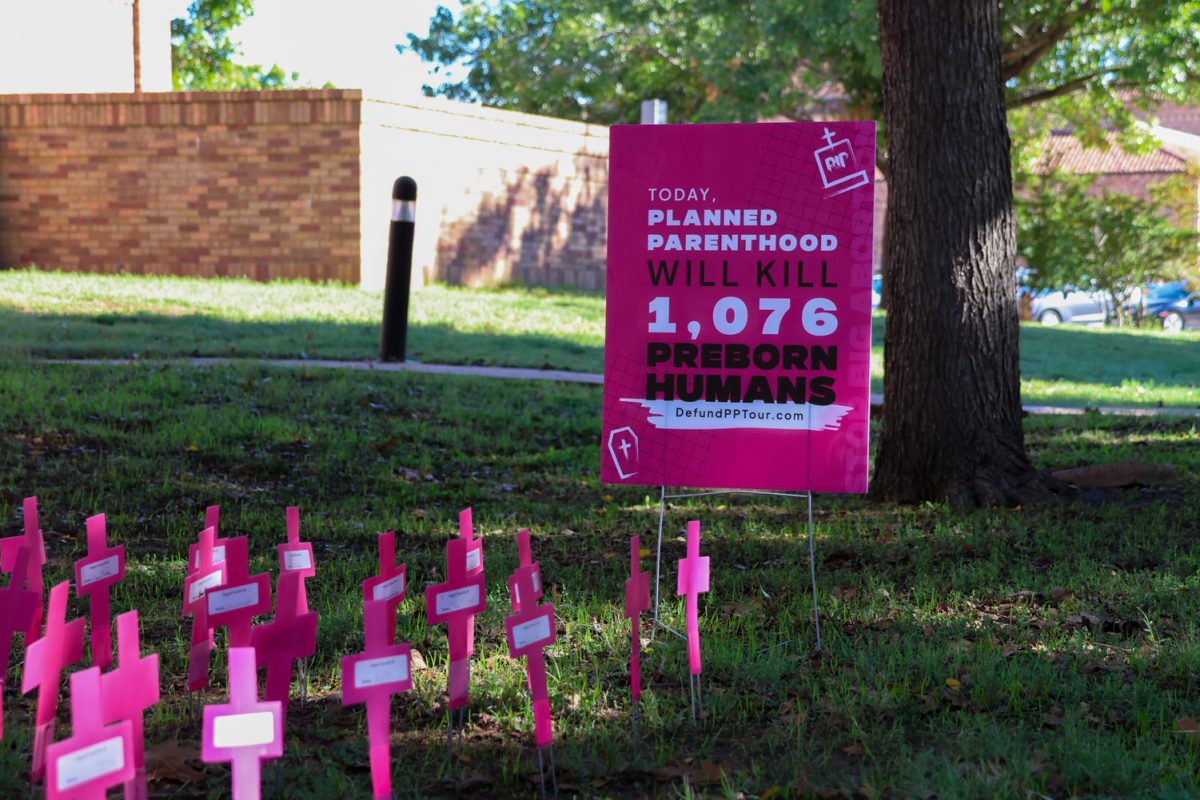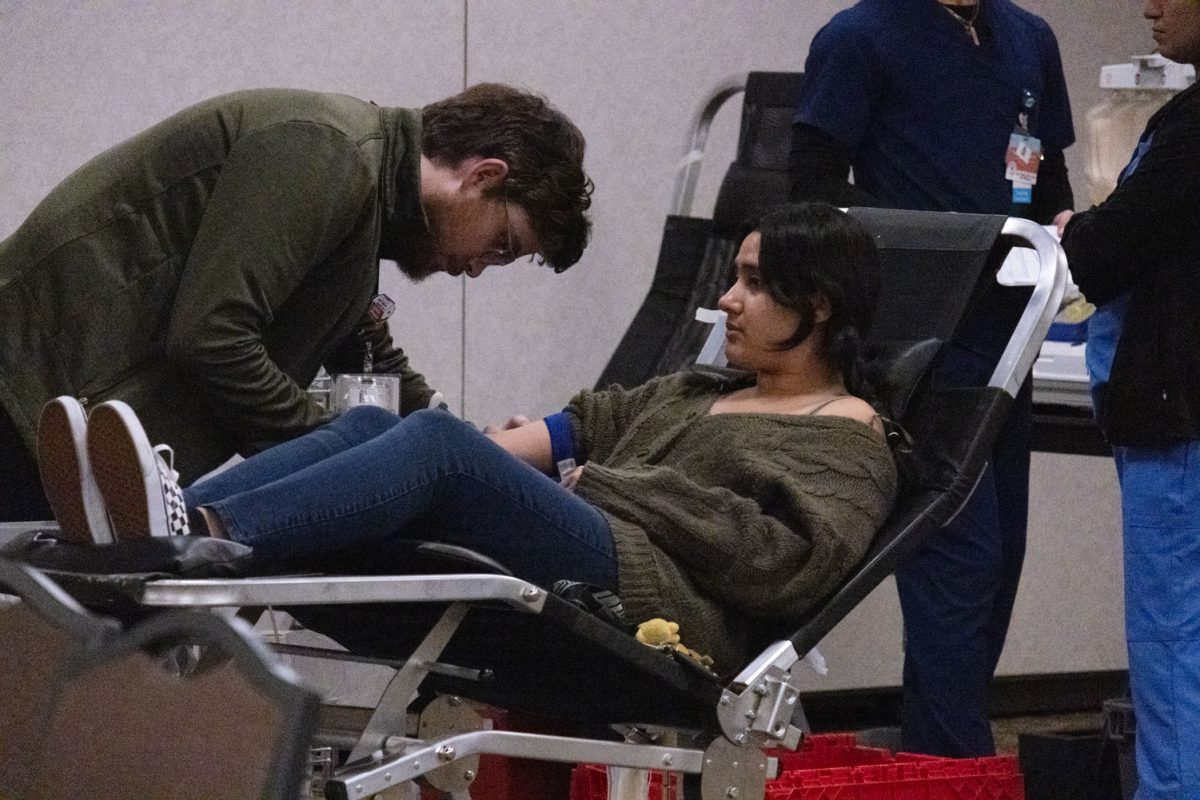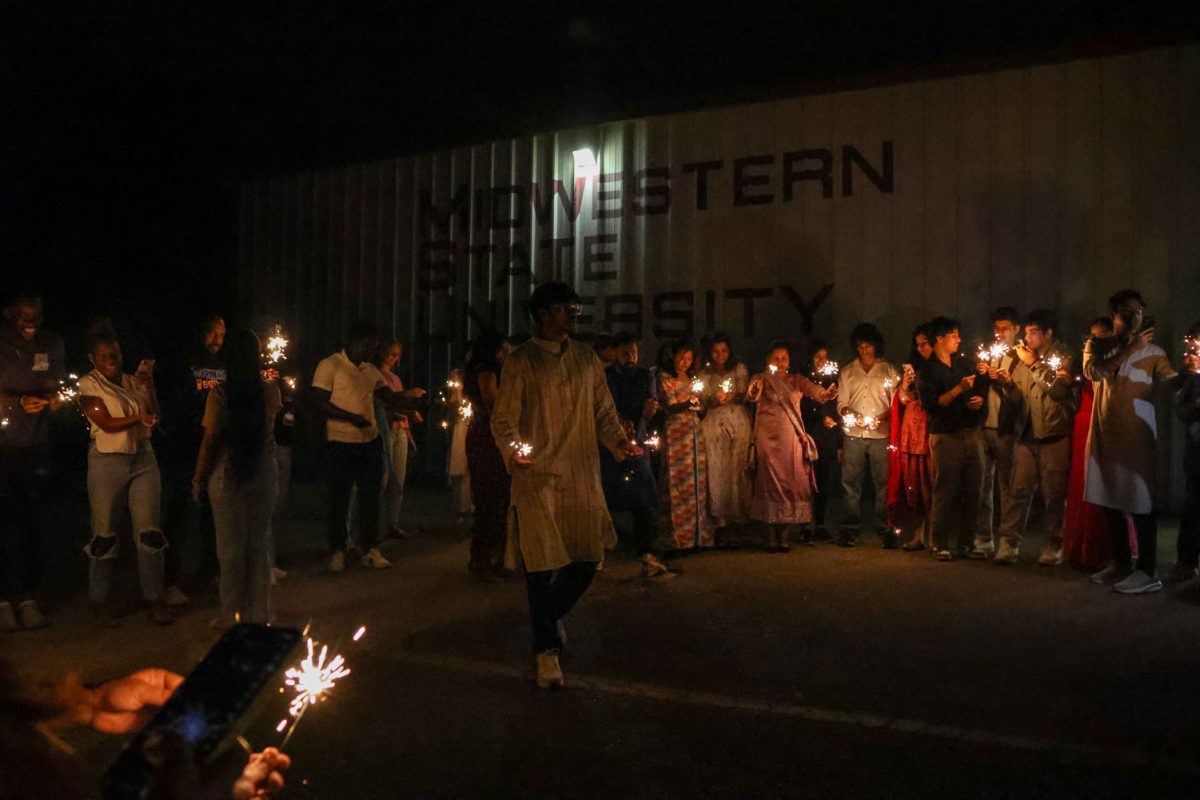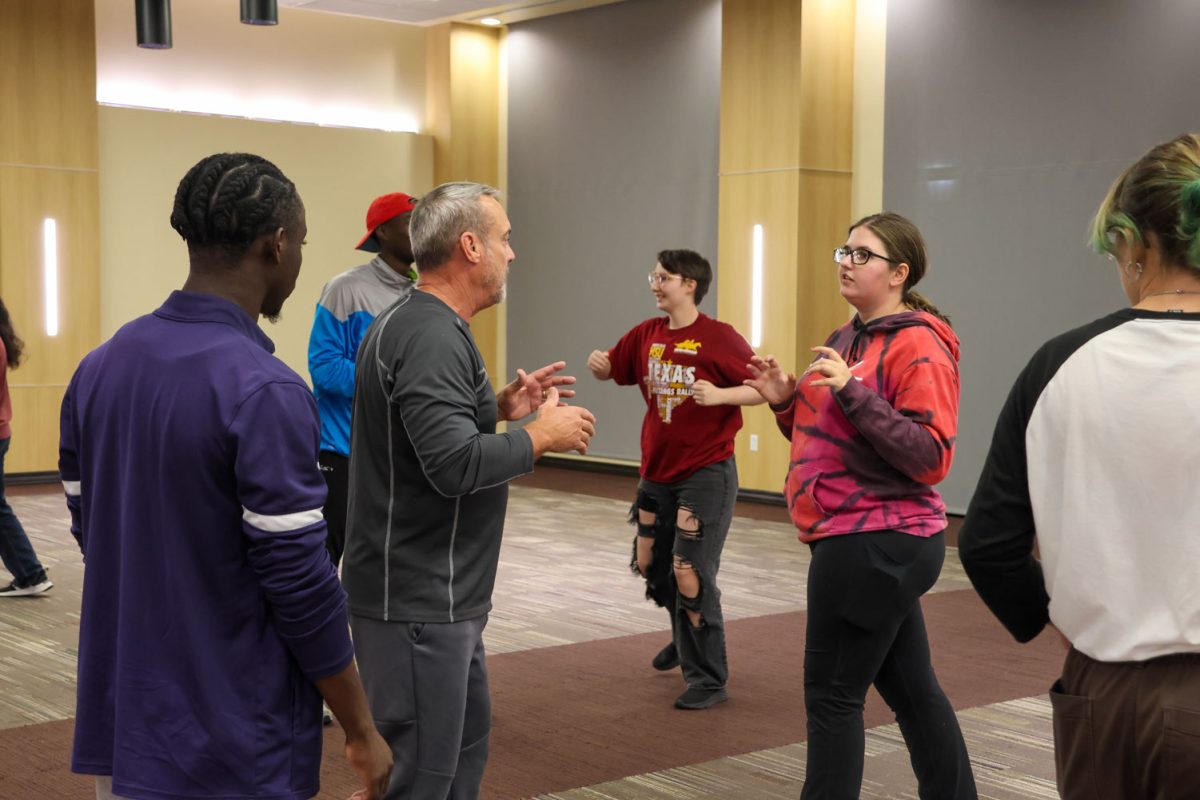Suprena Poleon, chemistry senior and senator of the Caribbean Student Organization, may serve as the student voice in bringing changes to the academic calendar that will make the fall and spring semesters equally manageable for students.
Members of the Redwine Honors Program and the President’s Distinguished Scholars who attended the end-of-semester leadership presentations last fall witnessed Poleon’s fall/study break informal proposal. She modeled it on the existing fall/study break schedules of prestigious universities such as Cornell and Yale, and feels that the opportunity to rest during the fall semester—particularly before finals, a time at which most students work hardest to improve their grades—would significantly advance the university’s academic status.
“I honestly believe that going 61 to 69 days without a break can be very tiresome for a student,” she said. “It seems like the spring semester is a lot shorter because we have so many more breaks in between. The fall semester may seem longer, but it really isn’t that longer. It’s just because we don’t have that intermission to recover and then start all over again.”
Following her presentation, Poleon spoke with another senator and decided to approach Matthew Park, dean of students, who gave her the procedure with which she could appeal to the Student Government Association. Her presentation to the SGA March 3 was used to test the interest of the senators. A major concern expressed by them then regarded whether or not students would use that time effectively. Poleon declined to take a definitive stance:
“That’s very subjective,” she said. “It depends on the seriousness of the students. As much as they may be delinquent, when it’s finals time, it’s crunch time. Everybody wants to see if they can get a better grade. As far as I’m concerned, I would utilize it, and I would think that many other students would, but I can’t say. It’s all up to the students.”
Poleon’s work actually reflects the interests of Betty Stewart, provost, who headed Poleon’s leadership section during the time of the original project. Her plan is more practical and tailored to what is possible for state universities rather than private institutions like Cornell and Yale.
“There’s a long time between Labor Day and Thanksgiving, and we’ve heard consistently for the past two years that the students are tired,” Stewart said. “I had the registrar do a study of possible models of the academic calendar to see if we could institute a fall break for a couple of days. That’s where we are.”
Independent of what becomes of Poleon’s bill in the SGA, Stewart and the registrar are considering the addition of a two-day holiday in recognition of Columbus Day, which would extend to Monday and Tuesday that weekend. To do so, there must be an exchange of some kind.
The schedule is tight, requiring any added holidays to be taken either from existing holidays or from the beginning or end of the semester. The result is a Fall semester that potentially begins earlier in August or lasts longer in December, stepping on the toes of students who partake in the summer terms or, conversely, on those who expect to finish finals in time for the holidays. Another possibility is the shortening of Thanksgiving break to four days as opposed to five, beginning on Thursday rather than Wednesday.
“The concern is that there are so many people who will be affected by it: the registrar, admissions, financial aid, housing, the academic departments, faculty and students,” Stewart said.
In contrast to the recently approved Mustangs Entertainment Shuttle and Activities, which will only make changes for a select group of students, extending the Fall semester in either direction would require the compliance of all university elements.
“Someone is going to have to give somewhere in there,” Stewart said. “It will require the work of a number of people trying to work together to make this happen. This isn’t going to be because a student passes it in Student Government, and these are the offices that all have to get together and see if they can make this work for the students. It’s going to be a concerted effort.”
Park commended Poleon and other students for their work in the SGA this year, though they were “late bloomers” with their legislation and activism. Compared to the past, he believes this group to be above average. He said even if the administration does not fully establish what Poleon wants, she still contributed to the process of change.
“It helps knowing what the interests of the students are because then Dr. Stewart can take that and factor and weigh it against what she knows and what is being requested of her,” Park said.
Given the status and power of the SGA, Poleon’s goal is to formally acknowledge student interest in a fall/study break, not to implement any of her three proposed models. The next SGA meeting on April 7 will serve to decline or pass a measure that will vaguely outline the purpose of added days.
“I can’t dictate how long or when it will be in place,” Poleon said, “but I can stipulate what happens within that break.”
With student elections quickly approaching, the passing of bills is especially hectic. This does not discount the SGA’s ability to effectively voice the concerns of the student body to administration, however, and it is at that point that Poleon hopes to produce the best effect with her bill.









